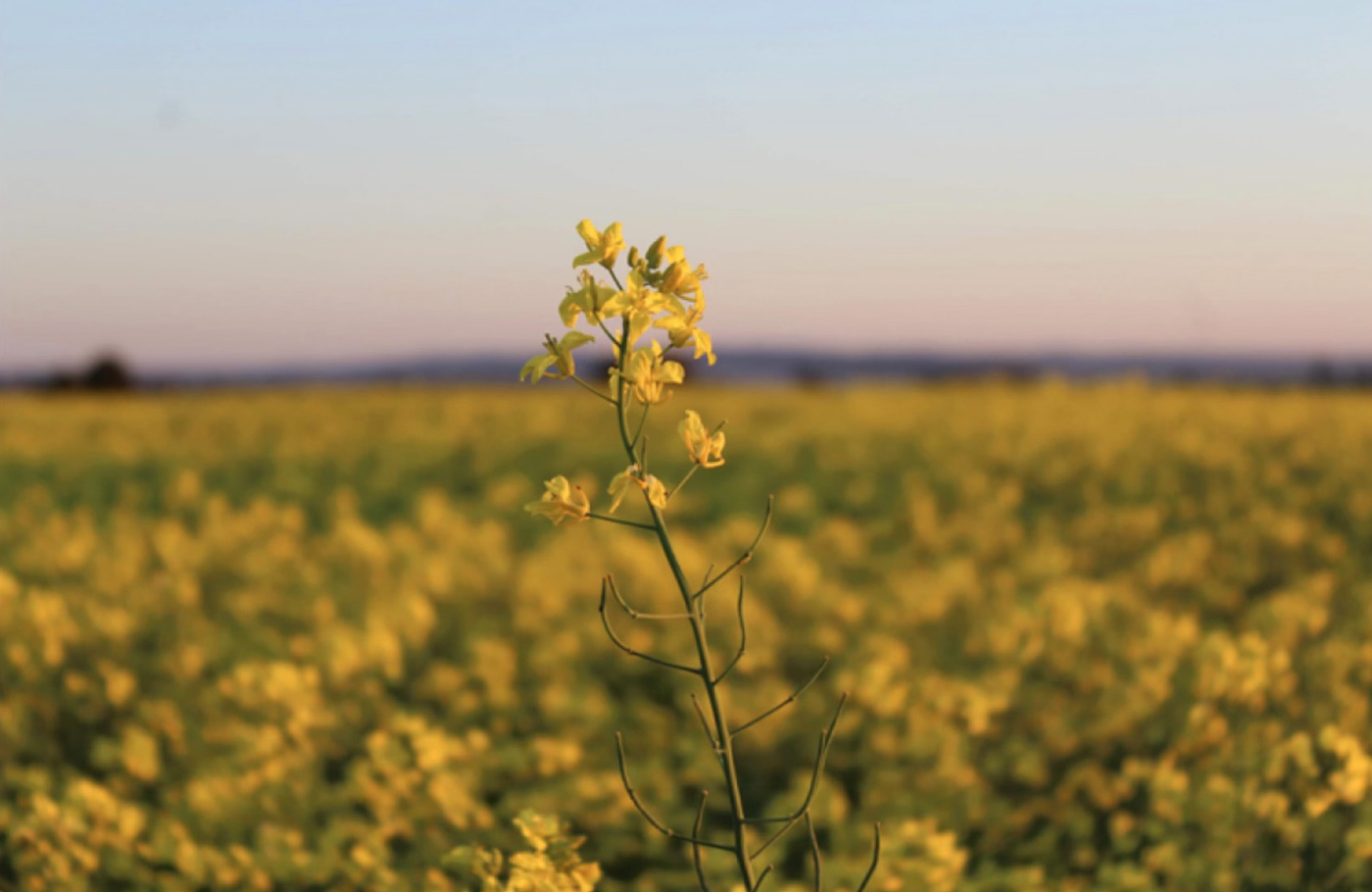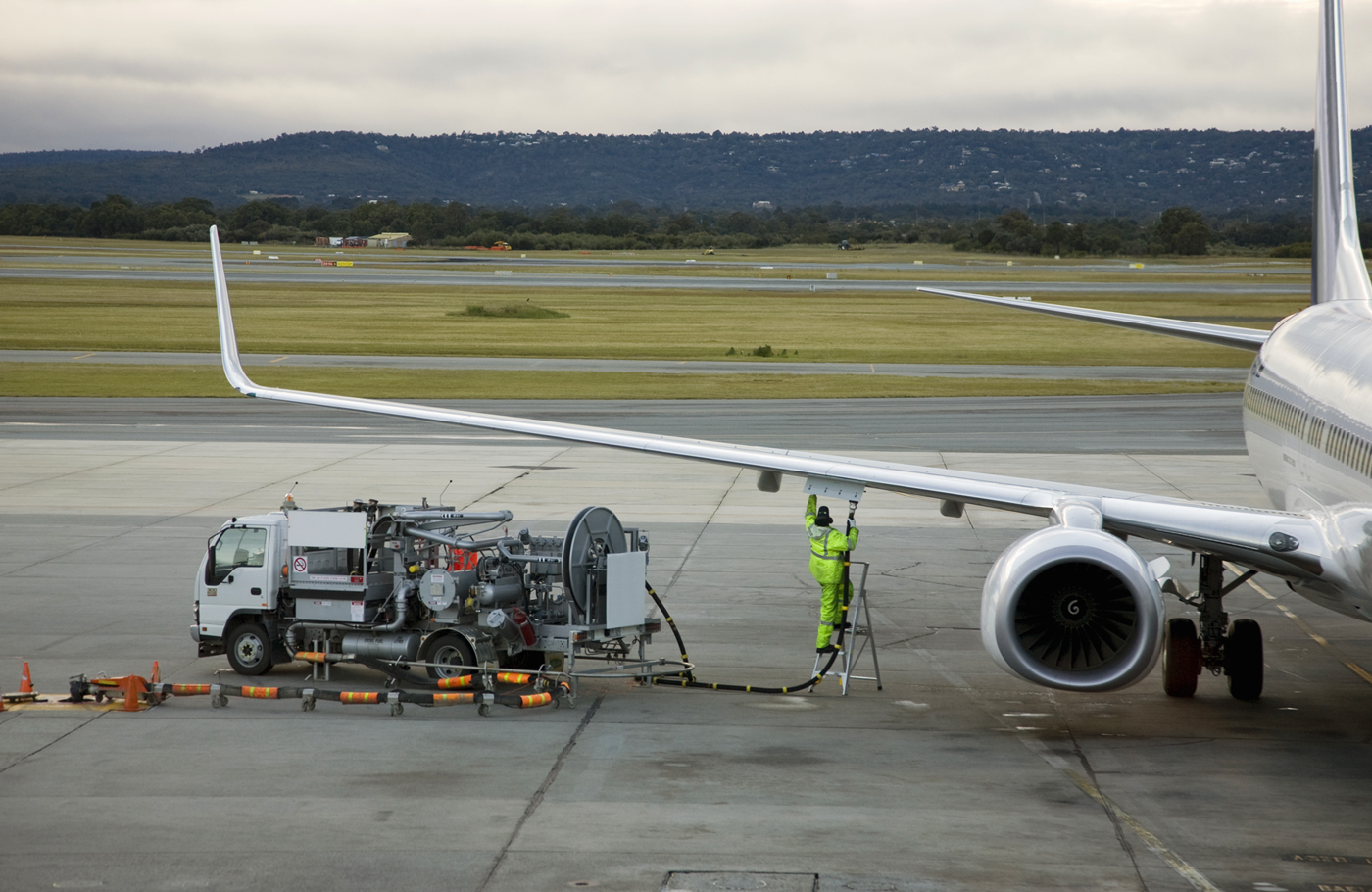Turning fields of gold into a sustainable fuel source
Turning fields of gold into a sustainable fuel source
Australia’s next great oil bonanza could well be green and gold, writes Graincorp’s ROBERT SPURWAY.
If you’ve ever driven through rural towns spread out across the east or west coasts of Australia in September, you’ve probably stopped to admire the vast fields of golden canola flowers swaying gently in the sun. Just as these bright flowers turn that sunlight into nourishment, canola growers themselves are poised for the shift that will turn their crops into valuable feedstocks for a new domestic market.
The premium quality and high oil content of our national canola crop makes those fields of gold a prime feedstock for any future onshore renewable fuel production – and the grains industry is ready, willing, and able to seed the opportunity. To that end, growers and feedstock producers alike welcomed the inclusion of traceability schemes, consultation on mandates, and other low-carbon liquid fuel initiatives in Australia’s recent Federal Budget.
Industry ready for action
National grower representative groups Grain Growers Ltd and Grain Producers Australia have signalled their members’ support for the establishment of a new domestic canola market. Currently, our nation’s growers produce much more than we can eat, with a surplus average of nearly five million tonnes of the oilseed exported overseas annually over the last three years – with the vast majority of this refined into biofuels.
GrainCorp is progressing plans to expand Australia’s oilseed crush capacity to manage the feedstock task, working in partnership with IFM Investors, who are focused on establishing a domestic sustainable aviation fuel (SAF) sector as a significant manager of investments in Australian and global airports. With a likely minimum cost of AU$500 million, the greenfield addition to Australia’s crush would add between 750,000 and one million tonnes to our existing operational capacity.
In the SAF Roadmap published last year by Australia’s Commonwealth Scientific and Industrial Research Organisation (CSIRO), it was assessed that local production of SAF would prove the most likely gateway to production of other fossil fuel replacements, such as renewable diesel, lubricants, and lighter hydrocarbons. The same CSIRO research identified that just 4.5 million tonnes of canola could yield two million tonnes of lower-carbon liquid fuel – equivalent to around 250,000 return flights between Sydney and Melbourne. A domestic SAF sector would give growers the opportunity to make the most of their comparative advantages of geographic proximity, while diversifying their exposure to global feedstock markets.


Best-case scenarios
Feasibility work on the crush plant expansion is studying the best locations and timing for what we know will be a complex value chain – for GrainCorp, that means considering proximity to oilseed supply, fuel refining capacity, customer demand, and export access for canola meal.
So what does best practice look like for the future of the transport sector? The government has recognised that transport is currently the third-largest source of greenhouse gas (GHG) emissions in Australia, contributing 21% of the country’s GHG emissions in 2023. Electricity is not presently an option for powering either long-haul planes or heavy vehicles, but the precedent is already set to inject renewable fuels into the diet of both sectors.
Currently, that excess supply of Australian canola is being used as a source of SAF that is mitigating emissions in Europe, the US, and Asia, where governments have introduced incentives to attract clean energy investment. Earlier this year, Singapore unveiled its aviation decarbonisation goals, declaring that SAF must comprise 1% of all jet fuel used at Changi and Seletar Airports by 2026 – to be raised to 5% by 2030. Back home, Qantas has stated a goal of 10% of its fuel use to come from SAF by 2030. We believe the Flying Kangaroo should be able to source that fuel load in Australia, and GrainCorp and the Australian agriculture sector are up for providing that solution.
As for the regulatory framework required to implement this fledgling opportunity, it is critical that industry and government continue to work together to achieve the right policy settings, in order for Australia to hold its own on the global SAF production stage. For the agricultural industry – and for Australia’s golden growers – this is the much-needed next step towards securing investment for the future of our fuel.
Published by
Robert Spurway
focusmagsa




